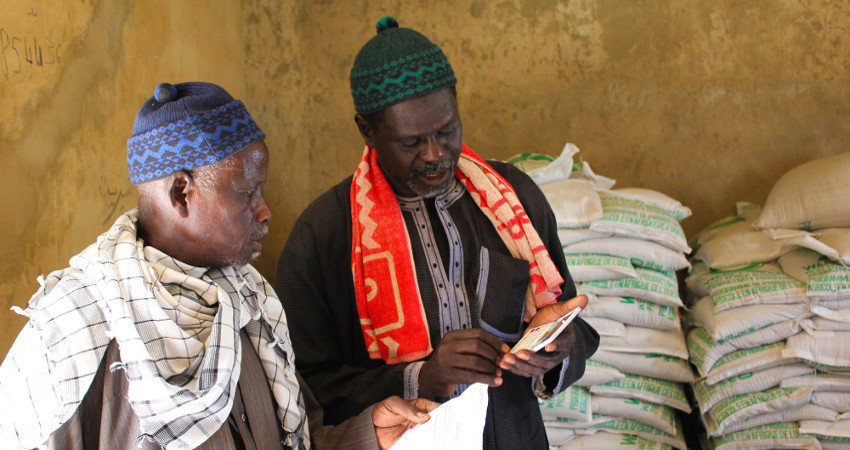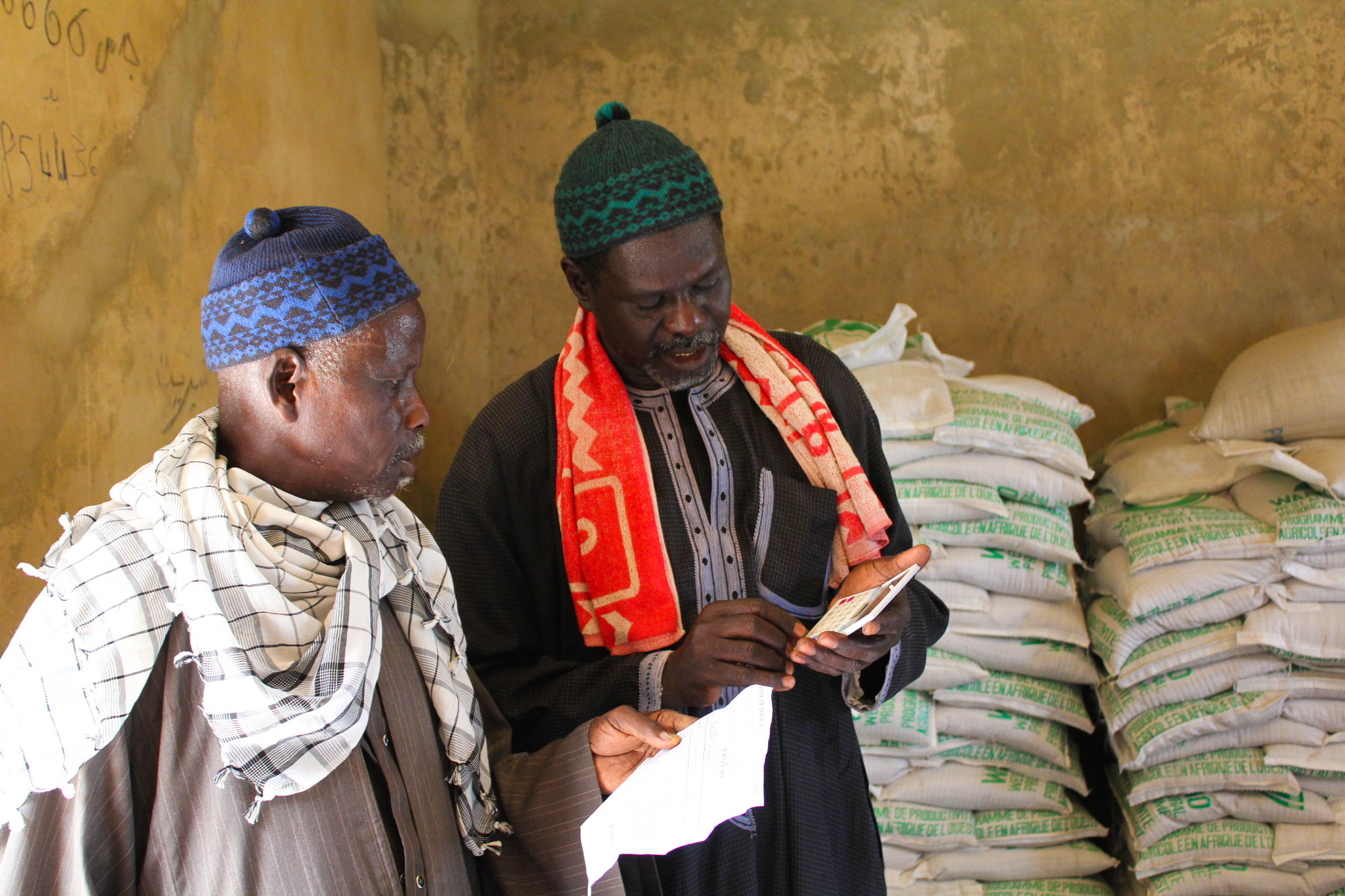In implementing its strategy, the success of AfricaSeeds will be dependent on the close collaboration with key partners and stakeholders. A key initiative that is likely to enhance such partnerships is the development of a strong continental data and knowledge plateform which will be freely and easily available to all seed sector actors. International organizations and experts will be encouraged to assist in the development of the plateform in terms of human as well as technical resources required.
Overall, the foreseen partners are identified as follows:
Regional Economic Communities (RECs)
In line with the principle of subsidiarity, RECs could be called upon to manage or co-manage projects at the Regional level and also coordinate implementations of national level activities. They could also be responsible for regional level coordination, collaborating very closely in the AfricaSeeds coordination function.Sub-Regional Organizations (SROs)
Sub-regional organizations (e.g. CORAF/WECARD and ASARECA) are made up of seed related, research based institutions operating specific programs and projects within the regional contexts. By their adoption of specific mandate areas, they are positioned to serve as relevant and effective partners in the implementation of ASBP at the regional and national levels. All three SROs, i.e. CORAF/WECARD, ASARECA and SADC-FANR/CCARDESA will be involved.International Agricultural Research Centers (IARCs)
IARCs have mandates to assist in Africa’s agricultural development and will definitely have an important contribution to make in the implementation of seed sector development programs in Africa. Recognizing and formalizing their role as important continental and strategic partners will enable their own on-going and planned interventions in the area of seed to be viewed in that context. Particularly, there will thereby be an opportunity to present to IARCs, specific issues and agenda to which they will be required to develop answers, to move the continental seed sector development agenda forward.Regional and continental seed sector development initiatives
Some seed initiatives operating independently of AfricaSeeds may adopt ASBP as a framework to guide in their seed interventions. In such cases, in order to capture the seed sector contribution by these initiatives into the ASBP records, all that might be required is that these initiatives should formally notify AfricaSeeds that they have adopted the ASBP framework and collaborate with AfricaSeeds in the coordination and monitoring arrangements.National seed programs
National Seed Programs are the sum total of seed related activities at the national level. Often, National Seed Programs are under the coordination of a National Seed Service or a National Seed Committee or the Ministry of Agriculture. AfricaSeeds will partner with National Seed Programs for the effective implementation of seed-related projects in the Member States. AfricaSeeds will consult closely with national authorities to develop and implement a program of “Young Seed Professionals” as part of the overall effort to develop the seed intervention capacity of National Seed Programs. The program will enable fresh graduates in seed related disciplines to be attached to AfricaSeeds activities and locations where they will have opportunity to make good contributions to the projects to which they are attached, while enhancing their practical and theoretical expertise to be able to play increasingly more responsible roles upon their return to their own national programs. The program will also enable relevant staff in advanced national programs to be seconded to assist sister national programs which are less endowed. Member States will be expected to offer assistance and support in various forms to AfricaSeeds, to build up its capacity and enhance its effective operations. But AfricaSeeds will remain, at all times, an international organization with strong and streamlined internationalized institutional arrangements which will support the conduct of its continental mandate in which assistance to national seed programs is a logical part.Regional and national seed associations
Regional and national seed associations represent and protect the interests and rights of their members. Depending upon their level of expertise, they can be effective partners to policy makers at the regional and national levels, to discuss possible bottlenecks and provide solutions to emerging issues leading to the creation of an effective national seed system and a healthy seed industry.Private sector
Although the development of private seed enterprises in Africa is still low and mainly limited to hybrids (e.g. maize) and high-value horticultural crops, the private sector has a crucial role to play as a driving force, in the promotion and development of efficient seed systems in Africa. Of particular interest are small and medium seed enterprises which can enhance market access to affordable seeds of improved varieties by smallholder farmers for increased productivity and improved food security. A viable private sector-led seed system is critical if not determinate in bringing the much awaited agriculture transformation to Africa.Farmers
Farmers are major actors in the seed system development on the continent as:- active participants in seed research and release processes;
- vital links in seed production and distribution through farmer-to-farmer seed exchange networks;
- independent seed entrepreneurs producing seed for the local market;
- contract seed producers and informed agents/seed traders linked with other private and public seed companies;
- as end users of seeds emanating from the various seed systems.
Universities
African universities can contribute significantly to addressing major seed issues in seed sector development in Africa, through training and graduate studies, in collaboration with other research and development institutions working in the sector.International development partners
International development partners comprise of donors and funding agencies, as well as knowledge institutions who will be engaged to assist in the provision of the skill and resource needs of AfricaSeeds. UN agencies such as FAO, WFP, UNDP, IFAD, etc. will play decisive roles in technical back-up and resource mobilization.
The success of AfricaSeeds will be dependent on the close collaboration with key partners and stakeholders
